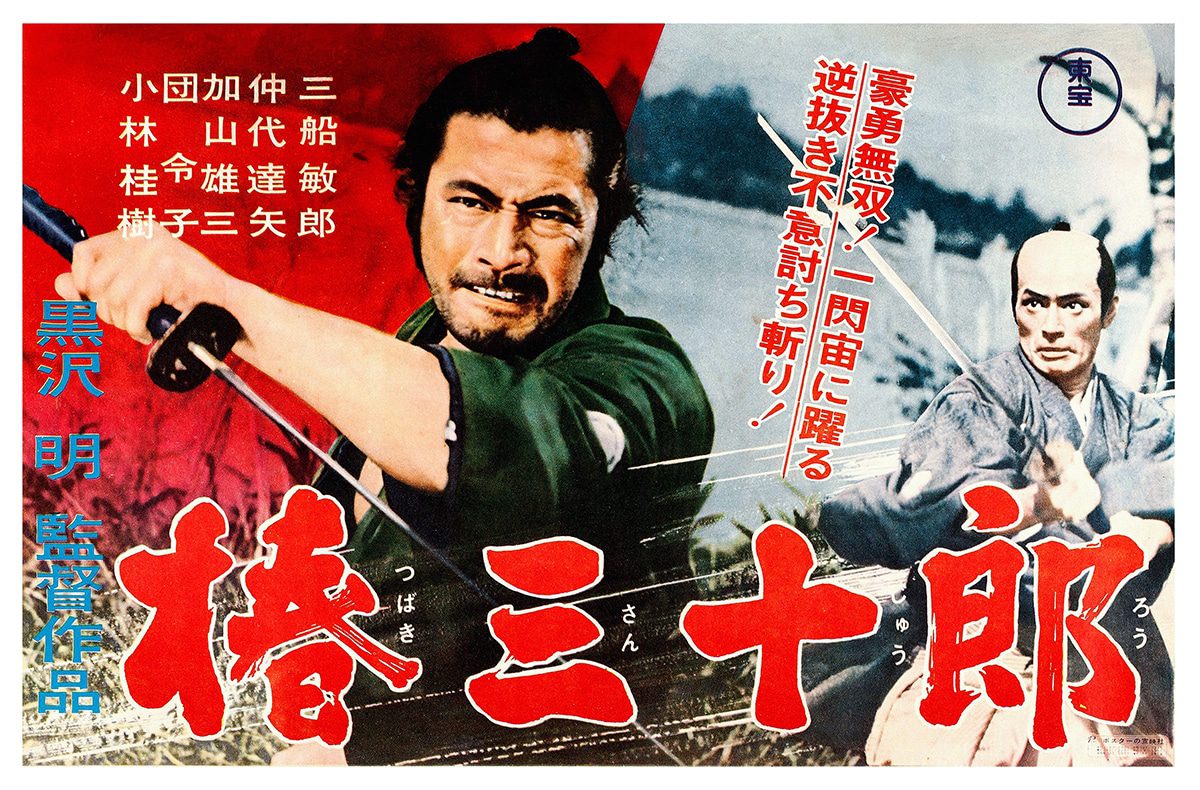
There’s never been such a profitable time to be in the business of reinventing masculinity. The patriarchy is still entrenched and irritable, but even its most fanatical prophets have conceded the need for a strategic messaging retreat. The old male-dominated ways of doing things now seem as outdated as a Connery-era Bond villain. As Bond himself, maybe.
Just as cultural figures like Bond and the Marlboro Man provided a blueprint for the past’s manliness, a modernized masculinity needs archetypes to embody its ideals and popularize its appeal if it wants to take root in society’s deep soil. The New Man needs to be cool, in other words.
This is a problem for those in favor of such a revolution, because almost everyone in the business of reinventing masculinity is such an ingratiating nerd about it.
A reasonable person might respond: why does that matter? The message of avoiding misogynistic behaviors is an admirable and important one—any adult should be able to recognize that, regardless of how cringe-inducingly cheerful the messenger might be.
And who are we even talking about? What are the names of these enlightened dudes whose discourses are alleged to be so tiresome? Do they have platforms to reach big audiences? How much do they actually matter?
Come to think of it…Why pick on those in the business of reinventing masculinity when there are so many other evils in the world? At least they’re trying to advance ideas—consent, respect for boundaries, etc.—that are objectively good.
Addressing these reasonable questions can be done quicker than it might seem.
The hip HR consultant-esque airs of nouveau masculinity merchants like Justin Baldoni—a former B-list actor with a podcast called Man Enough, a book called Boys Will Be Human, and a 3.2 million follower Instagram feed full of selfies with the entertainment industry’s small-to-medium fish—are a detriment to the cause of healthier manlinesss for the same reason that the D.A.R.E. program’s famously ham-fisted messaging was a detriment to the cause of persuading kids that drugs were lame. Watching Baldoni’s self-satisfied grin as he delivers a righteously indignant F-bomb while insisting nobody can really oppose abortion for religious reasons (because deep down we all have some amorphous, gooey core of goodness) recalls assembly hall memories of role-playing teenagers congratulating each other for saying no to pot.
To be fair to Baldoni, he’s neither the only nor the most shameless New Nice Man. An entire media business ecosystem of entities like The Good Men Project has been growing for years, organized on the principle that there’s a sizable audience of dudes with disposable income who seek absolution for their original manly sins, more engaging conversation starters with women, and/or a genuine understanding of how to be a better guy. The ideas of this ecosystem are largely homogenous: dudes gotta be honest about the bad stuff they think and do, dudes gotta take real action to be better, dudes gotta destigmatize a whole bunch of stuff, dudes gotta have diverse and healthy interests, and so on.
All of these ideas are correct and good. But they’re not being advanced in a persuasive manner. One could argue they’re not always being advanced with sincerity either—before music industry executive Scooter Braun was making headlines for bullying and exploiting Taylor Swift, he was appearing on Baldoni’s podcast to advocate a gentler, more thoughtful model of masculinity. To take such two-facedness to its logical, sanity-snapping endpoint: before Harvey Weinstein went to prison for felony sex crimes, he was complaining that nobody talked about his feminism anymore.
A successful reinvention of masculinity requires a much different approach. Odds are slim there’s only one right way to do it, but it does seem clear there’s a very low and firm ceiling on the transformative potential of the current crop of masculinfluencers. Enough to build a monetizable audience and secure some lucrative brand partnerships, but forget about significant social change. The evidence in favor of such an assessment is almost too obvious to cite: political figures like Trump, Putin, and Brazilian president Jair Bolsonaro have reshaped the entire planet’s future in large part by exploiting brutal “virtues” of masculinity. Even their cartoonishly braggadocious speeches about strength, sacrifice, and sacred purpose have more popular appeal than the weak tea of smugness and self-loathing peddled by the Baldonis and Brauns of the world.
But these aren’t the only two options available to those interested in the practice and potential of reinventing masculinity (if not so much the business of it). In fact, after examining the available evidence, one might conclude that pursuing the “reinvention” of masculinity is an intentionally fruitless endeavor that accomplishes little more than sustaining short-term employment for a small number of celebrity-adjacent types, and that more appealing models for the New Man might be found in our recent past.
Take, for example, the kind of clever, generous, fearless (but not rash or bloodthirsty) masculinity embodied by legendary Japanese actor Toshiro Mifune in the 1962 samurai film Sanjuro. One scene in particular comes to mind: the grizzled Mifune is helping a group of bumbling samurai stage a midnight rescue of their family members. As the rescuers clamber over a high stone fence, the elderly auntie is resigned to being left behind. Mifune falls to his hands and knees, and says with a growl, “Use me as a footstool,” so he isn’t forced to fight (and kill) the pursuing guards. It’s a refreshing change from the typical Brave Guy Rescue Fantasy, where the actual rescue is just a backdrop for violent catharsis.
Or take the good-natured, loyal, and affectionate masculinity described in Les copains d’abord, the 1965 hit from the late great French singer Georges Bressens. The song is an ode to rough-around-the-edges sailors who love each other like brothers while facing life’s adventures and calamities together. In year 2012, the group Les Marins d’Iroise covered the song with a music video that featured dozens of old men in striped shirts and red trousers frolicking on an old sailing ship. In three minutes it makes a more convincing case for gentler and kinder masculinity than a year’s worth of masculinfluencer Reels.
The point is not that Mifune or Bressens or any other figure from the past was a purer or more noble kind of New Man than Baldoni et al. But the competent, caring, self-secured masculinity displayed in their best works shows that we don’t need to “reinvent” manliness so much as we should cultivate its well-known positive expressions while removing the conditions for its negative ones to thrive. Maybe it doesn’t actually require a ton of work to mold the New Man—maybe it’s more about putting down unnecessary burdens and recognizing the joys of lightness. Maybe becoming a better man doesn’t require somber self-flagellation or signing up for a dozen new email lists; maybe it doesn’t require forgetting everything you know about X and spending your life trying to understand Y.
What if we already knew what needs to be done? What if “doing the work” actually felt good? And what if someone would just say that in plain English?



